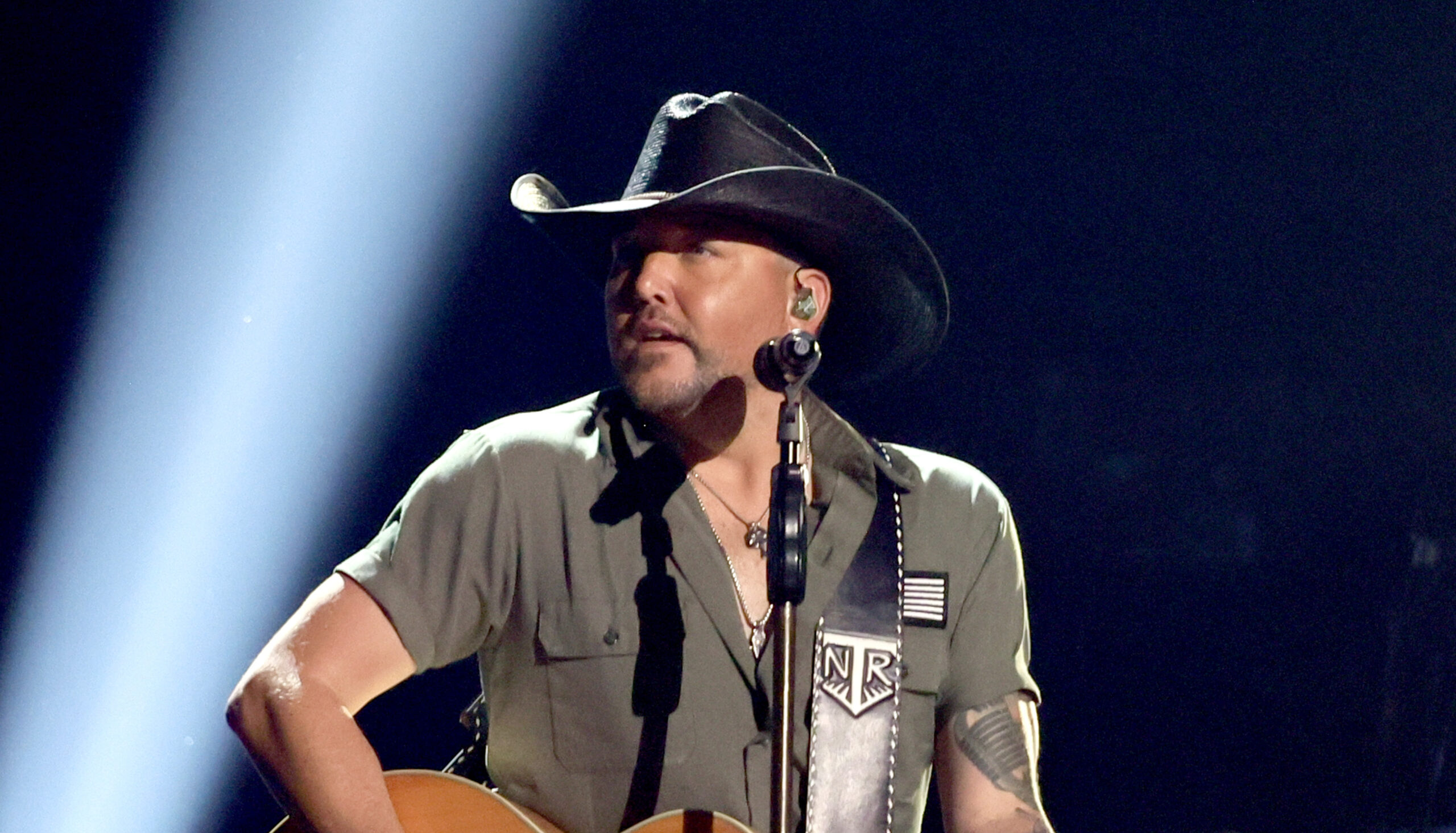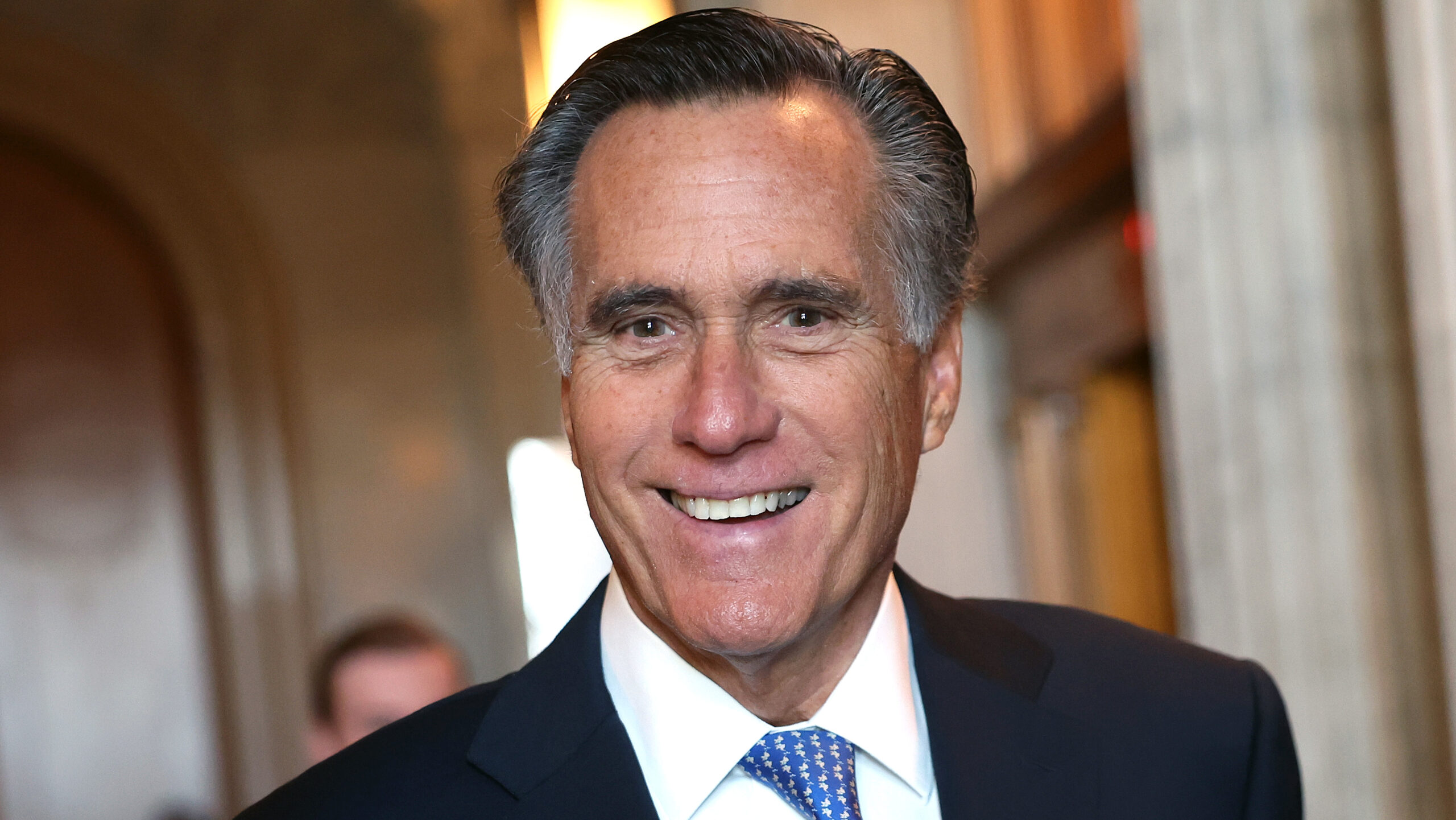Advocate and Congressman support PRIME Act to break meat oligopoly.
A Texas farmer and advocate for agricultural freedom is bringing attention to a bill that would bypass government constraints over the selling of locally raised meat.
Grace Leake, who goes by the moniker The Shepherdess on her media platforms and webpage, is promoting the passage of the PRIME (Processing, Revival, and Intrastate Meat Exemption) Act, which would remove sales restrictions on meat processed at custom-exempt facilities.
Leake raises Dorper sheep on the 30-acre Harmony Farms in Northeast Texas.
Related Stories
Her entrepreneurial venture into farming arose when she witnessed a significant problem with the food supply chain uncovered by the COVID lockdowns.
“I was seeing two different headlines side-by-side,” Leake told The Epoch Times. “I was seeing the headline on grocery stores running out of food right beside headlines saying major processing plants were having to euthanize millions of pounds worth of beef and pork because they can’t quite stretch through a bottleneck, and I realized we didn’t have a shortage, but a systemic crisis.”
The production, processing, and distribution of meat are handled by major companies that small ranchers call the “Big Four”: Tyson, JBS, Cargill, and National Beef.
“And when you tell four companies to close down for two weeks, you’re essentially putting 85 percent of our nation’s food supply on hold, and that’s when I saw a need to decentralize and localize food sources,” Leake said. “I jumped in with both feet. I knew I couldn’t solve the problem for the whole world, but if I could at least provide for my family and local community, I would give it a try.”
In her planning, Leake ran the numbers and found it more profitable to raise sheep rather than beef.
“After coming to an understanding of the beef industry and also understanding biologically the nature of beef, I realized that I could make about four times more on my 30 acres through raising the Dorper sheep than beef,” she said.
Going in, Leake said she wasn’t aware of the entangled social and political systems within the beef industry.
The Big Four are smart, she said, and seek to maintain their monopoly through lobbying to create barriers to entry for smaller competitors.
These companies have a combined weekly slaughter capacity of 1.6 million heads of beef and pork and 92 million chickens a week.
Inspection Categories
With 85 percent of the meat supply controlled by the Big Four, that leaves small-scale meatpacking operations to compete for the remaining 15 percent.
“These small-scale meatpacking facilities fall under three inspection categories: USDA, custom exempt, and state,” Leake explains on The Shepherdess Podcast.
Leake’s local custom-exempt facility processes her sheep at $80 dollars per head, while her closest USDA facility charges $225 a head.
“Custom meat processors are very economical and more accessible in small towns, but if you process the meat without USDA oversight you are not permitted to resale that meat to the public like meat processed at a USDA facility can be,” she said. “That’s where we are right now as small-scale farmers, and the two problems this creates for us are expense and accessibility. Those are major barriers to entry with respect to small farmers getting their meat to the market.”
The main difference between a USDA facility and a custom-exempt facility is that a USDA facility always has an assigned inspector on-site, while a custom-exempt facility, though it is still required to follow USDA standards, doesn’t have an inspector on-site.
Meat processed at a USDA facility can be apportioned and sold nationwide. Meat processed at a state facility, which follows the same guidelines as a USDA facility can only be sold within state lines.
For small farmers to sell their meat processed at a custom-exempt facility, they must sell the whole beef or lamb as a live animal.
“This is often done via shares where the buyer will purchase half, or a quarter of the animal from the farmer,” she said. “The farmer will coordinate transportation of the live animal to the meat processing facility, and the owner of the animal share will pay for processing and pick up the meat.”
The average American consumer is accustomed to purchasing a pound or two of meat from their local grocery store chain, so the idea of going local by securing an entire animal, which would also involve acquiring a large freezer, limits small farmers in selling their meat.
The PRIME Act would give the farmers the opportunity to process their meat at a local processor at a lower cost and, as a result, allow the farmer to offer the consumer a better price on locally raised meat.
“Paying $225 to process meat at a USDA-backed facility is roughly $5 per pound, but if you’re going to take it to a custom-exempt facility, that’s $2 per pound,” she said.
To critics who argue for more inspection and regulation, Leake responds by saying that she’s not pushing for their absence.
“But I do think, especially on a small-scale level, that inspection and regulation should be catered to the size of your operation,” she said.
In response to concerns over meat processed at a facility not backed by the USDA, Leake said, “At least the consumer will have a choice between meat processed at a USDA facility and meat locally raised and processed at a custom-exempt facility.”
‘Country-of-Origin Labeling Repealed’
U.S. Representatives Thomas Massie (R-Ky.) and Chellie Pingree (D-Maine) are among the sponsors of the bipartisan bill, with companion legislation U.S. Senators Angus King (I-Maine) and Rand Paul (R-Ky.) introduced in the Senate.
Rep. Massie told The Epoch Times that the need for the act emerged when Congress voted to remove country-of-origin labels on beef, pork, and chicken in 2015.
The vote was made after the World Trade Organization had ruled that the label discriminates against animals imported from Mexico and Canada because it was putting their cows and pigs at a disadvantage.
According to a 2015 Wall Street Journal report, the labels were mandated by Congress in the 2002 and 2008 farm bills which required that meatpackers print on the packaging for the consumer where the animals were born, raised, and slaughtered.
Mexico and Canada argued that U.S. meatpackers were selling their hogs and cattle at a lower price because they didn’t want to deal with tracking imported animals.
The outcome of the repeal of labeling is that now American consumers don’t know where their meat comes from, Rep. Massie said, while the product itself has become an indistinguishable commodity because it’s commingled with other products.
“If you can’t distinguish your product from other products that are different, then they sell at the lowest common denominator,” Rep. Massie said.
This also creates a misrepresentation of the meat’s origin for the consumer because just because it’s stamped, USDA doesn’t mean it was born, raised, and slaughtered in the United States.
“So, I realized it would be important for farmers to be able to market directly to consumers, and the best way for the consumer to know the source of their food is to know who grew it instead of relying on a label,” he said.
‘A Brittle Oligopoly’
There’s an urgency to get cosponsors on the bill because the revision and renewal of the omnibus farm bill is up for its quinquennial vote.
“It’s being drafted right now, and it’s a so-called must-pass piece of legislation,” he said. “There’s going to be a big bipartisan push to get the farm bill renewed, and so I think this is the opportunity to get the PRIME Act into the farm bill, and in order to do that, we need to build support.”
It’s timely not just for a legislative opportunity, but also because of inflation, he said.
“People are going into the supermarket and seeing prices they’ve never seen before on proteins like beef and pork,” Rep. Massie said. “Meanwhile, the oligopoly of meat processors keeps getting stronger in terms of market share and market dominance even though they’re becoming more brittle.”
Rep. Massie pointed to a 2021 cyberattack on the Brazil-owned JBS—one of the “Big Four”—when several of its facilities were rendered inoperative in the U.
" Conservative News Daily does not always share or support the views and opinions expressed here; they are just those of the writer."





